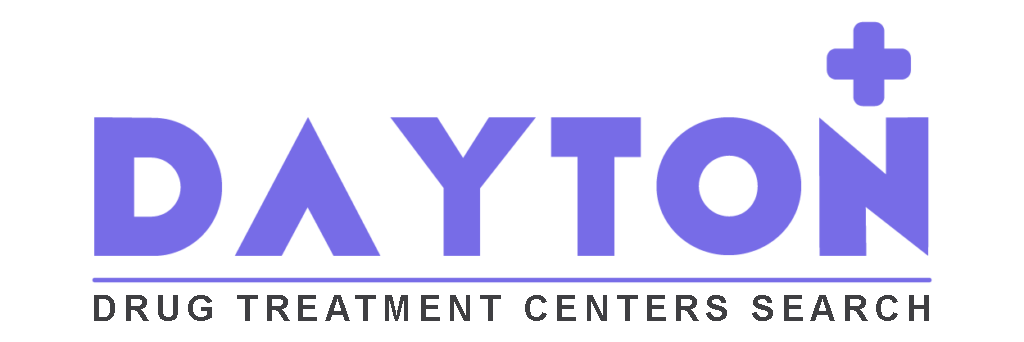Alcoholism and Treatment in Dayton, OH
Alcoholism is a major problem in modern day America, with millions of people suffering from an alcohol use disorder each year. The previous psychiatric classifications of alcohol abuse and alcohol dependence were combined in 2013 as alcohol use disorder, with this single classification now used to describe a wide range of problematic drinking behaviors. Professional alcoholism treatment is often required to break the bonds of alcoholism, including medical detox, rehabilitation, and aftercare support programs. Alcoholism treatment is typically based on either pharmacotherapy or psychotherapy support programs, with rehab centers often combining systems together for a unified approach. If you or anyone you know needs help overcoming an alcohol-related problem, Dayton Drug Treatment Centers can guide you to a program that is right for you.
Alcohol Abuse vs. Alcohol Dependence
While alcohol abuse and alcohol dependence have been combined for the sake of diagnosis, these two conditions are often separated in the context of treatment. Alcohol abuse is typically recognized by an ongoing pattern of uncontrolled drinking behavior, with binge drinking the most obvious example. People who abuse alcohol are not necessarily dependent on it and may not experience tolerance and withdrawal symptoms when alcohol intake is stopped. In contrast, alcohol dependence is typically recognized by compulsive drinking patterns and the existence of tolerance and withdrawal symptoms. While people are said to have a problem with alcohol whenever alcohol is causing problems in their life and they continue drinking anyway, different methods of treatment are needed for abuse and dependence cases. For example, physical alcohol dependence often requires extensive medical intervention, while alcohol abuse can be treated through psychotherapy measures alone.
Signs and Symptoms of Alcoholism
People react to alcohol consumption in very different ways, with some people quickly becoming addicted and others going for years before they develop problems. The legal and social acceptance of alcohol often makes it hard for people to recognize problems before it’s too late. Luckily, there are some general warning signs to look out for, including mood swings, needing alcohol to relax, spending a lot of time drinking, experiencing social problems due to alcohol, experiencing physical or psychological health problems due to alcohol, needing to drink more to get the same effects, and experiencing emotional-motivational or physical-somatic withdrawal symptoms when drinking is stopped or reduced.
If you’re worried about the drinking habits of someone you love, it’s important to seek professional help as soon as you can. If the person involved is not ready to accept help, a crisis intervention may be required. The ARISE system of intervention and the Systematic Family model of intervention are two of the most popular models in use today, with the former using an indirect approach and the later using a direct confrontational approach.
Medically Assisted Detox
Medical detox is generally recommended for anyone who is likely to experience physical withdrawal symptoms. While binge drinkers and people who abuse alcohol often go straight into a rehab program, medically assisted detox is the safest way to treat withdrawal symptoms before they create additional medical complications. Benzodiazepine sedatives are often administered to alcoholics to help them reduce withdrawal symptoms, including long half-life drugs such as Librium and Valium. Other medications may also be applied in the later stages of detox and rehab, including the opioid antagonist naltrexone, Antabuse, and Campral. If you or anyone you know is living with an alcohol use disorder, let Dayton Drug Treatment Centers help. Our recovery advocates are available at (937) 949-4099.

